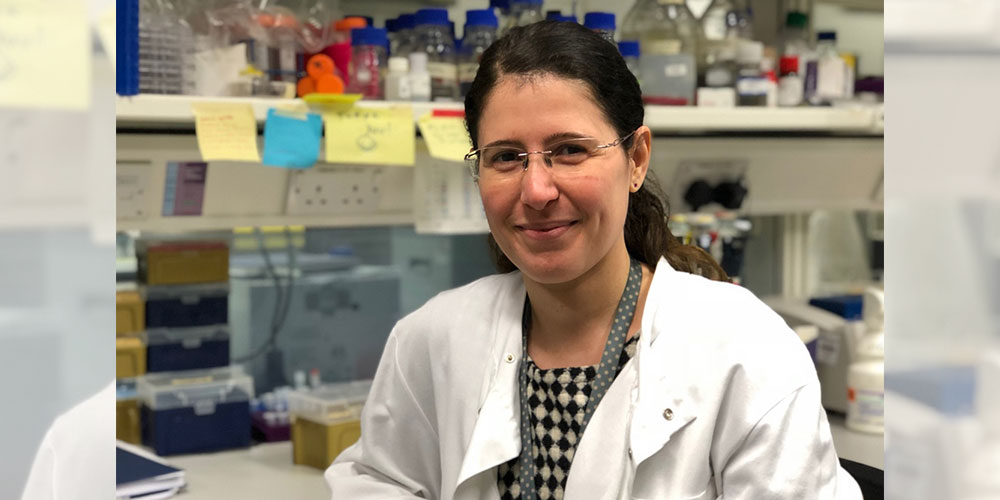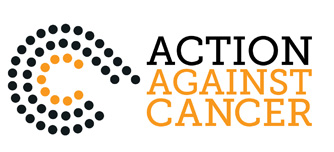Voice from the Lab: Dr. Biancastella Cereser
I am a Research Associate in the Division of Cancer at Imperial College London. I’m responsible for a small team including Neha Tabassum.
What are you currently working on?
My research aims to understand the reasons why pregnancy can influence a woman’s risk to develop breast cancer.
In the medical community, it is known that giving birth at different ages is one of the risk factors for breast cancer: having a child before the age of 24 is considered beneficial compared to having a child after 35, or even to not having a child at all. Younger mothers in fact have less chance of being diagnosed with breast cancer in their older life compared to older mothers, or women without children. But the phenomenon is more complex, as previous studies also show that, at any age, there is also a high chance of developing breast cancer during or after pregnancy (known as pregnancy-associated breast cancer).
To better understand the correlation between pregnancy, age and cancer, we analyse the DNA from cells of the healthy breast of both mothers and non-mothers. We then look at how the DNA from younger mothers is different from the DNA from the older group, and from women without children. In particular, we want to see if we can find mutations (changes in the DNA) related to cancer in the healthy breast, and how many of these mutations are present in the mothers versus the non-mothers group.
Our work shows that, like in other organs, the healthy breast accumulates non-harmful mutations and a small number of harmful cancer-related ones with age. This does not mean that that all these women will develop cancer, as more than one harmful mutation is needed within one cell to initiate a tumour. However, during pregnancy, when the majority of all breast cells increase in number to allow for breastfeeding, the individual mutated cells, including any harmful one, have a chance to proliferate much more, ultimately increasing the risk of developing breast cancer.
We have recently had a breakthrough from our project results pre-printed online. Read more here
Read more about this project here
What motivates you?
Like most women of my age, I can really relate to this topic. Many younger women either cannot or do not wish to have children until they are older, but they are not aware of the possible risks which may be involved with a delayed first pregnancy. Also, I often get contacted by women who received the devastating news of being diagnosed with breast cancer during pregnancy, and who want to try to understand the reason why this has happened to them. Our study does not want to discourage the choices of individuals regarding family planning, but aims to promote awareness of this risk factor. I also hope more women at higher risk will be included in future surveillance programmes, so that breast cancer, and in particular pregnancy-associated breast cancer, can be diagnosed and treated at the earliest possible stage.
Read more Voices from the Lab here: Dr. Nina Moderau, Dr. Silvia Ottaviani, Rosemary Lane, Neha Tabassum, Dr. Philip Lawton and Dr. Niklas Feldhahn.
Back to 'News and Events' main menu
Other News and Events

Celebrities support AAC!
Action Against Cancer Ambassadors Julian and Cat O'Dell's live music fundraiser event Catfest has been a huge success over the past few years... Read more
Fundraise from your Facebook page!
You can now raise vital funds for life saving research right from your Facebook page. This is a really effective way to fundraise and is super easy... Read more
Big step closer to new drug
One of the first projects Action Against Cancer funded after establishing as a charity in 2011 resulted in the discovery of a cancer... Read more
